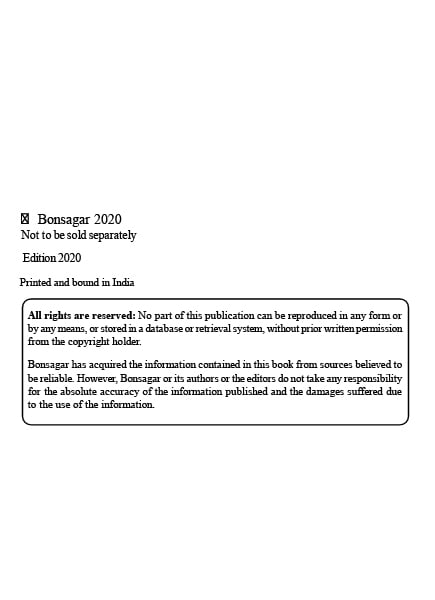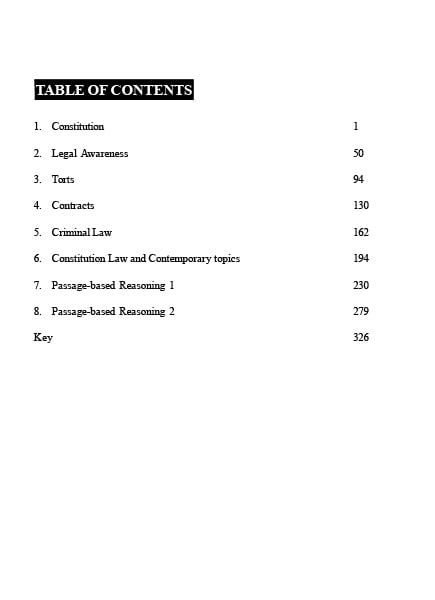Benefits of Practicing Previous IPMAT Papers
Preparing for the IPMAT (Integrated Program in Management Aptitude Test) can feel overwhelming—but one of the smartest and most effective strategies to boost your chances is by practicing previous years’ IPMAT papers. Whether you’re aiming for IIM Indore, IIM Rohtak, or other top institutes offering the Integrated Management Program, solving past papers is a game-changer.
In this article, let’s explore the key benefits of practicing previous IPMAT papers and how it can significantly enhance your preparation.
Understand the Real Exam Pattern
No matter how many mock tests or sample questions you solve, nothing beats the actual structure and format of the real exam.
Benefits:
- Gives you a clear idea of how the exam is structured, including its sections and question count.
- Helps you see how questions are divided among Quantitative Aptitude, Verbal Ability, and Logical Reasoning.
- Helps you know how much time is given for each section, which is especially important for IIM Indore because of its sectional timing.
Pro Tip: Try solving the past paper exactly like the real exam—with a timer and no distractions.
Identify Important Topics
When you go through past IPMAT papers, you begin to notice certain topics that are repeated almost every year.
Benefits:
- Pinpoints frequently asked topics like Arithmetic, Algebra, Reading Comprehension, and Logical Puzzles
- Helps you prioritize what to study first
- Gives you a clear idea of high-weightage chapters
Example: If 3 out of 5 past papers had more questions from Time-Speed-Distance, you know it’s worth focusing on.
Improve Speed and Time Management
Solving previous papers helps you learn how to manage your time across different sections and types of questions.
Benefits:
- Helps you decide which questions to attempt first and which ones to leave for later
- Builds the habit of completing each section within the time limit
- Enhances your pacing and reduces stress on exam day
Pro Tip: Use a stopwatch and stick to the sectional timing rules of IPMAT Indore during practice.
Strengthen Accuracy and Reduce Silly Mistakes
Going over past papers helps you notice the errors you often repeat.
Benefits:
- Helps you identify careless errors or weak concepts
- Trains you to read questions more carefully
- Boosts your confidence as regular practice helps reduce mistakes.
Tip: Use a notebook to record your mistakes and review them every week.
Get a Feel for the Difficulty Level
Mock tests may not reflect the exact difficulty level of the actual IPMAT exam. Solving real past papers gives you a realistic idea of what to expect.
Benefits:
- Helps you understand how difficult the Quant, Verbal, and Logical Reasoning sections are.
- Helps you mentally prepare for tricky or unexpected questions
- Builds exam temperament and stamina
Insight: Some years may have tougher quant and easier verbal sections—knowing this in advance helps reduce surprises.
Practice Real Exam Language and Question Style
IPMAT questions often have a unique way of being asked—especially in verbal and logical reasoning.
Benefits:
- Trains your brain to quickly interpret how questions are framed
- Improves comprehension and decision-making speed
- Makes it easier to tackle twisted or tricky questions
Bonus: This also helps you in other entrance tests like JIPMAT or NPAT.
Boosts Confidence Before the Exam
Perhaps the most underrated benefit—regularly solving past papers builds a sense of familiarity and confidence.
Benefits:
- Reduces exam fear and anxiety
- Makes you feel more prepared and focused
- Acts as a final revision tool closer to the exam date
Pro Tip: In the last 10–15 days before the exam, solve one paper every alternate day.
Acts as a Self-Assessment Tool
Each time you solve a past paper, you get valuable feedback on your preparation.
Benefits:
- Tells you where you stand
- Shows you which sections need more revision
- Helps you track your progress over time
How to Use It: After every paper, evaluate your score, identify weak areas, and adjust your study plan accordingly.
Conclusion
Practicing previous IPMAT papers is not just an optional step—it’s a necessity for serious aspirants. It helps you sharpen your skills, reduce surprises, and develop the confidence needed to crack one of India’s most competitive management entrance exams.
Make it a regular part of your study plan, and you’ll be well on your way to acing the IPMAT!




